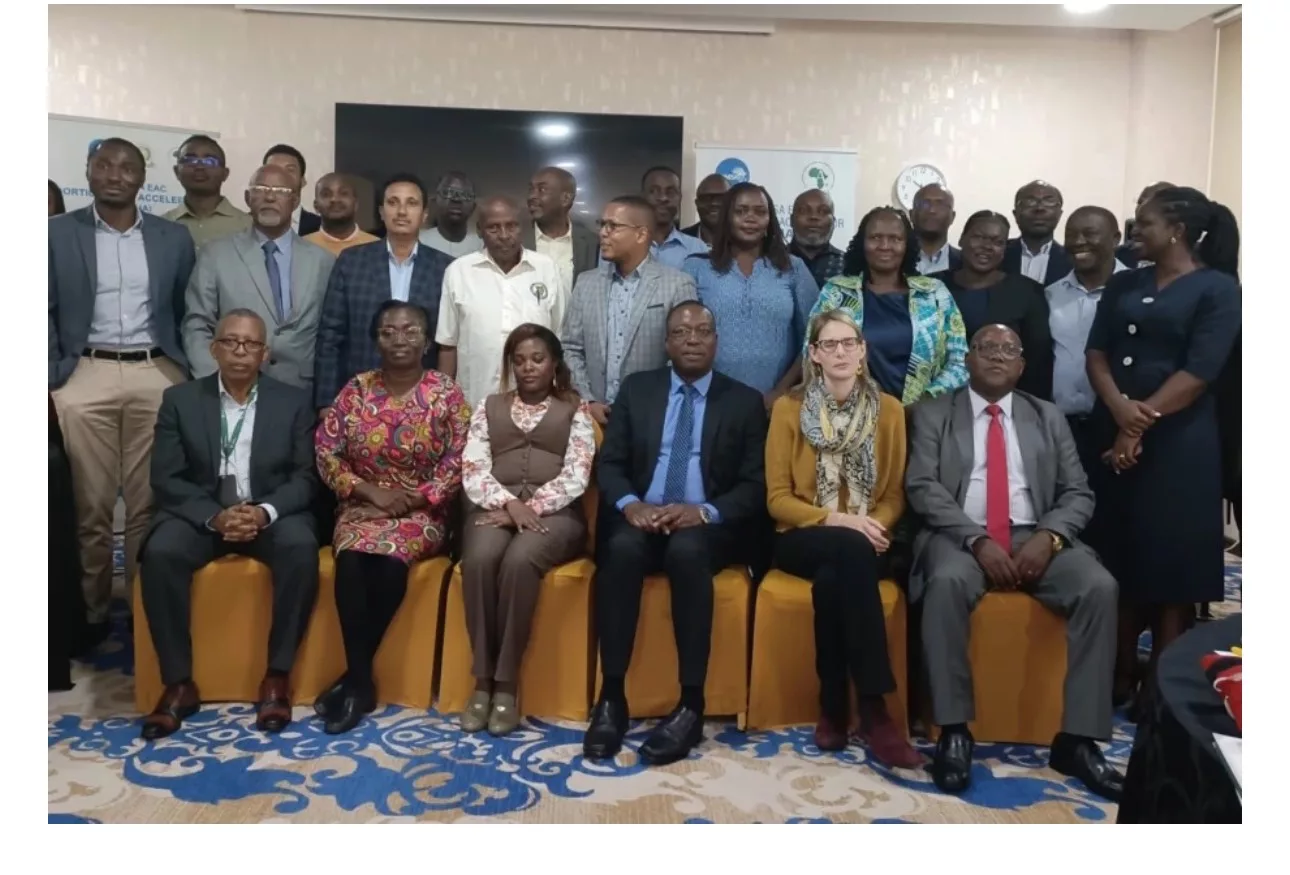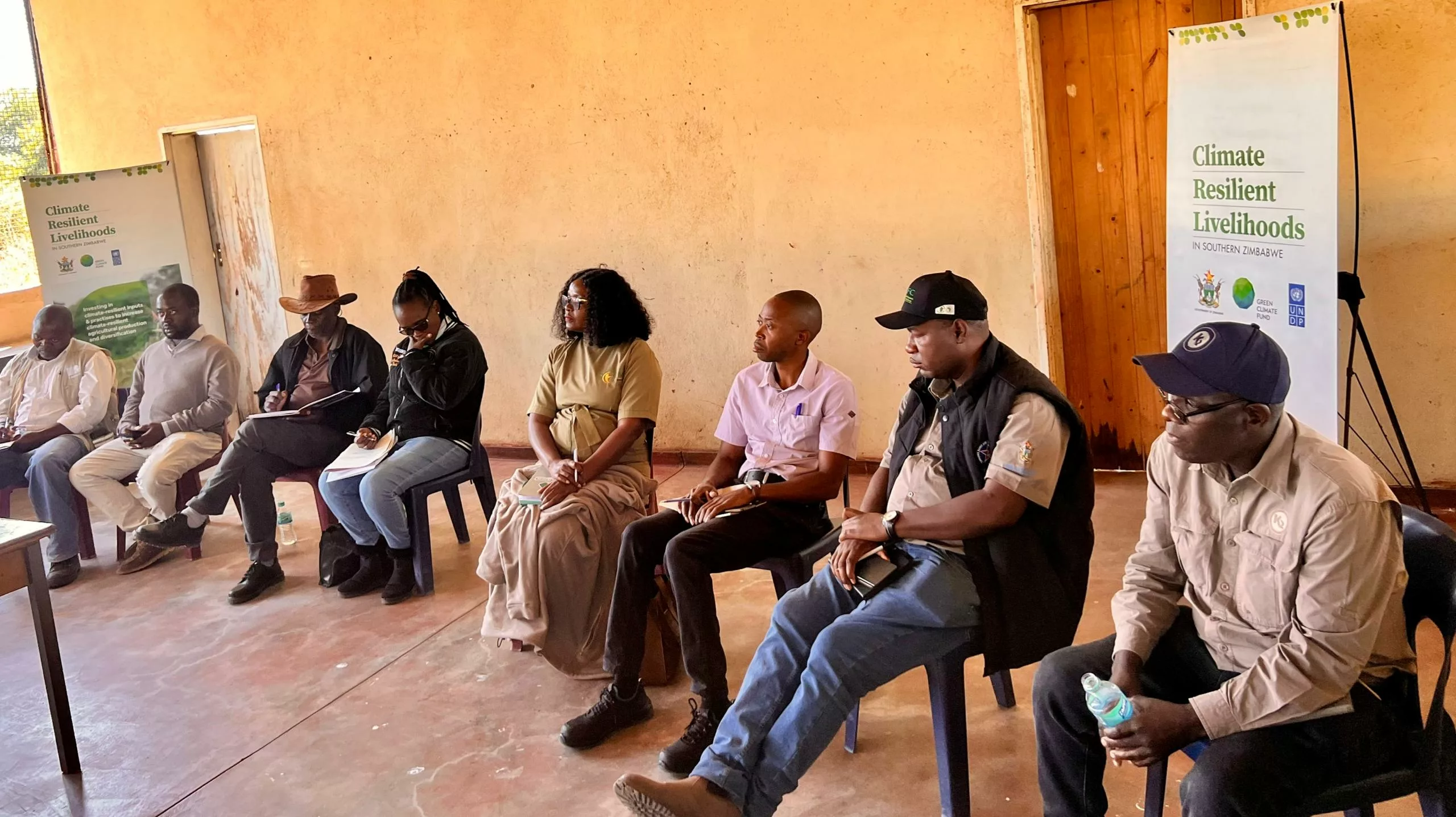The government, through the Ministry of Youth, Sport, Arts, and Recreation has embarked on a drive to establish at least one vocational training centre in every district to ensure alternative education pathways are made available to disadvantaged youths and communities.
These were remarks by Dr. Thokozile Chitepo, the Permanent Secretary for the Ministry of Youth, Sport, Arts, and Recreation during an event to commemorate the 2023 World Skills Day running under the 2023 theme, “Skilling Teachers, trainers, and Youth for a transformative future.”
“As we are gathered today, let me hasten to note that Government, through my Ministry has embarked on a drive to establish at least one vocational training centre in every district to ensure alternative education pathways are made available to disadvantaged youths and communities. Currently, the Ministry of Youth, Sport, Arts, and Recreation administers 43 Vocational Training Centres (VTCs) and 25 satellite VTCs.
“Today we appreciate the strategic importance of equipping young people with skills for employment, decent work, and entrepreneurship. Acknowledging the essential role that teachers, trainers, training institutions, and other key stakeholders are playing in imparting skills for youth to transition into the labour market and to actively engage in their communities, industry, and the economy. Our call is to ensure that all the youth are able to get relevant skills for employment or entrepreneurship for industry growth. This thrust is in sync with the tenets outlined in NDS 1 which also put emphasis on Human Capital Development as we strive towards an upper middle-income economy by 2030,” Dr. Chitepo said.
She said the Ministry of Youth, Sports Arts, and Recreation recognizes the importance of strengthening, promoting, and guiding vocational skills training and entrepreneurial development among youth and communities, thereby fulfilling the principles of Heritage Education 5.0.
The training focuses on market-driven and community-based technical, vocational skills, and entrepreneurial development approaches as outlined by the Training For Enterprise (TFE) model adopted deliberately by the Ministry. The training closes the skills gap by equipping young men and women in the informal sector, and the rural and urban economy with skills that improve their employability, and self-employment in productive decent work.
Addressing the same gathering, Mr. Mike Kamungeremu, the President of the Zimbabwe National Chamber of Commerce (ZNCC) alluded to the African Continental Free Trade Area (AfCFTA) which contends that the share of intra-African trade is expected to increase by about 405 by 2040.
“Given this estimate, there are skills implications of such projections. Globally, there has been a rapid shift towards digitization of trade and growth in trade financial markets following the advent of the coronavirus (COVID-19) pandemic which reshaped global trade and the way business is conducted.
About 76% of SMEs in Zimbabwe are tagging in terms of establishing digital footprints and using digital platforms. This is somewhat attributable to a skills deficit in the field of information and Communication Technologies (ICTS). According to the 2018 Zimbabwe National Critical Skills Audit, despite a national literacy rate of above 90%, Zimbabwe has an appalling deficit of skilled professionals, particularly in the engineering, sciences, technology, and agricultural sectors.
Zimbabwe is described as an agro-based economy, and in agriculture, the country has a skills deficit of 88%. The engineering and technology sector has a skills deficit of 93% and in natural and applied sciences, there is a skills deficit of about 96%. In business and commerce, relative to the Organization for Economic Co-operation and Development (OECD) countries, Zimbabwe is overproducing, and therefore, has a skills surplus of 20%.
“The shortage of critical skills implies a lack of human capacity to develop and sustain internationally competitive products and services. We need the youth to step up and acquire these critical skills so that we bridge the gap as a country.
“Are you ready when you are abusing drugs? Say no to drugs. I advocate for capital punishment for drug traffickers. The Zimstat reports that 71% of prisoners are between the 15 to 30 years age group,” he said
World over, there are a lot of skills mismatches (one employed in a job different from their qualification/field of study) pronounced among the early professionals.
The skills deficit in Zimbabwe is reported in critical sectors like engineering, applied sciences, and ICTS, where many youths are shying away from STEM subjects.
Career guidance is critical and World Youth Skills Day is critical in raising awareness of the importance of TVET institutions for the development of skills and self-employment jobs among youths, especially in a country with high formal unemployment. The theme: “Skilling Teachers, Trainers, and Youth for a Transformative Future” is critical in placing importance on the training of trainers as well.
World Youth Skills Day is celebrated annually to highlight the importance of equipping young people with the skills they need for employment, entrepreneurship, and meaningful work. The theme for this year is “Skilling Teachers, trainers, and youth for a transformative future.”
This theme emphasizes the essential role that teachers, trainers, and other educators play in preparing young people for the future of work.
Addressing delegates on behalf of the Director of Elevate Trust, Linda Chapoterera said in today’s rapidly changing world, it is more important than ever for young people to have the skills they need to succeed.
“The nature of work is changing, and new skills are constantly emerging. Teachers, trainers, and other educators need to be equipped to teach young people the skills they need to thrive in the future. Today, this meeting is to zoom in on Zimbabwean youth and how we can come together as stakeholders to ensure that Zimbabwean youth are competitive at home and on the global market owing to skills development. Youth unemployment and underemployment is a challenge that continues to dominate the news and policy dialogue of many countries in Africa, especially Zimbabwe.
“With the socio-economic environment continuously failing, this poses a threat to the livelihoods of young people. This is made worse by the fact that job creation has failed to keep pace with the growing youth population and the number of graduates from colleges. There is an increasing group of idle youth with undirected willpower. Besides the risk of socioeconomic instability, this demonstrates a waste of talent, creativity, growth potential and so much more,” Chapoterera said.
The World Bank projects that by 2035, Africa will have the largest workforce in the world. If Africa becomes the biggest marketplace of skills for the world’s employers, then the citizens share a collective responsibility to ensure that youth are equipped today with the right skills to become the world’s future business leaders.
Elevate Trust provides capacity-building programs by creating conducive environments for innovative thinking, enterprising, and networking within STEM fields, particularly among young people. Its mandate is to ensure that the young people of Zimbabwe are proactive to change, equipped with knowledge hence becoming globally competitive.
As such, it seeks to implement a skills development campaign, #SkiriYako Campaign, where it will be moving around Zimbabwe to contribute to skills development. The Campaign will start in areas bedevilled with societal problems such as drug abuse, child marriages, and unemployment. The objective is to assist young people with adequate skills development so that they may contribute positively to their communities.
Brian Nyagwande, the Director of the Zimbabwe Youth Council said the day is important in young people’s calendar.
“Equipping young people with vital skills leads to the attainment of Vision 2030. The Day demonstrates a commitment to empowering the youth. It is also an opportunity to forge partnerships among government, educational institutions, and the private sector to address the needs of young people,” Nyagwande said.






